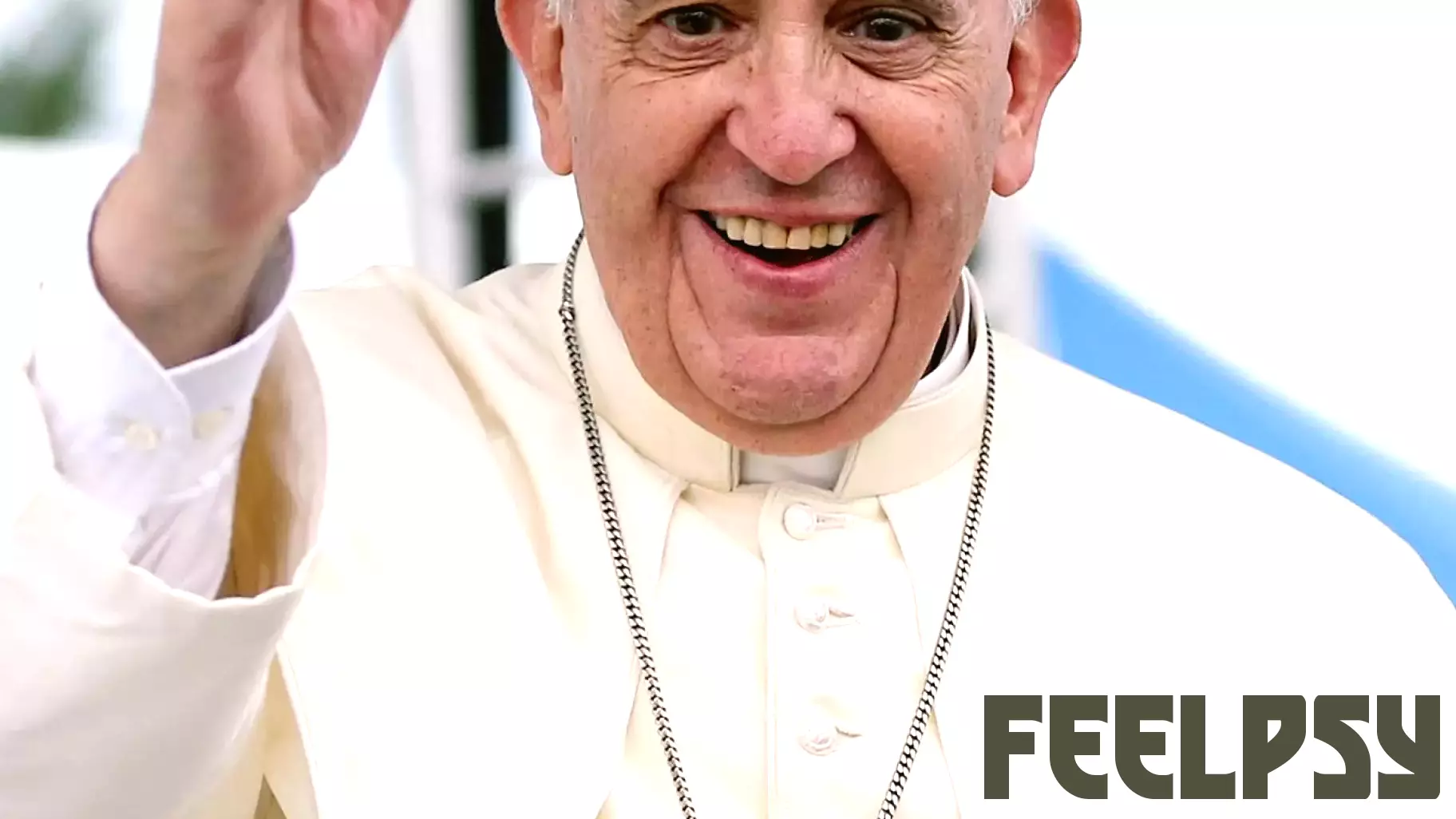The Impact of Funerals on Political Attitudes: Trump and Zelensky at the Pope's Funeral
April 30, 2025 - 22:54

Psychological theory suggests that significant life events, such as funerals, can profoundly influence the attitudes and behaviors of individuals, including world leaders. This phenomenon was notably observed during the recent funeral of a prominent figure, where former President Donald Trump and Ukrainian President Volodymyr Zelensky were in attendance.
Funerals often serve as moments of reflection, prompting attendees to reconsider their priorities and relationships. The somber atmosphere can lead to a reevaluation of past conflicts and a desire for reconciliation. In this context, the presence of Trump and Zelensky at the same event raises questions about the potential for a shift in their diplomatic interactions.
The shared experience of mourning may create a unique opportunity for dialogue, fostering a climate conducive to addressing ongoing tensions between the United States and Ukraine. As leaders confront their mortality and the legacies they wish to leave behind, the emotional weight of such gatherings could pave the way for unexpected alliances or renewed commitments to collaboration.
MORE NEWS

February 20, 2026 - 22:29
No, Family Estrangement Is Not a “Trend”The decision to cut off contact with a family member, often termed `no contact,` is frequently discussed in modern culture. However, framing this deeply personal and painful experience as a mere...

February 20, 2026 - 09:12
Frontiers | Social interactions and affective neuroscience personality traits among Chinese educators: a randomized intervention study on wellbeingA new randomized intervention study provides compelling evidence that structured social interactions can significantly enhance the wellbeing of educators and positively influence core personality...

February 19, 2026 - 20:56
Why Graphic News Stories May Not Be Safe for EveryoneThe recent widespread circulation of graphic material from the Epstein files has sparked a necessary conversation about media consumption and mental well-being. Experts are warning that constant...

February 19, 2026 - 16:28
Frontiers | How aging anxiety relates to self-rated health in middle-aged and older adults: the role of psychological pathwaysNew research delves into the complex relationship between the fear of growing older and how individuals perceive their own health. The study, focusing on middle-aged and older adults, reveals that...